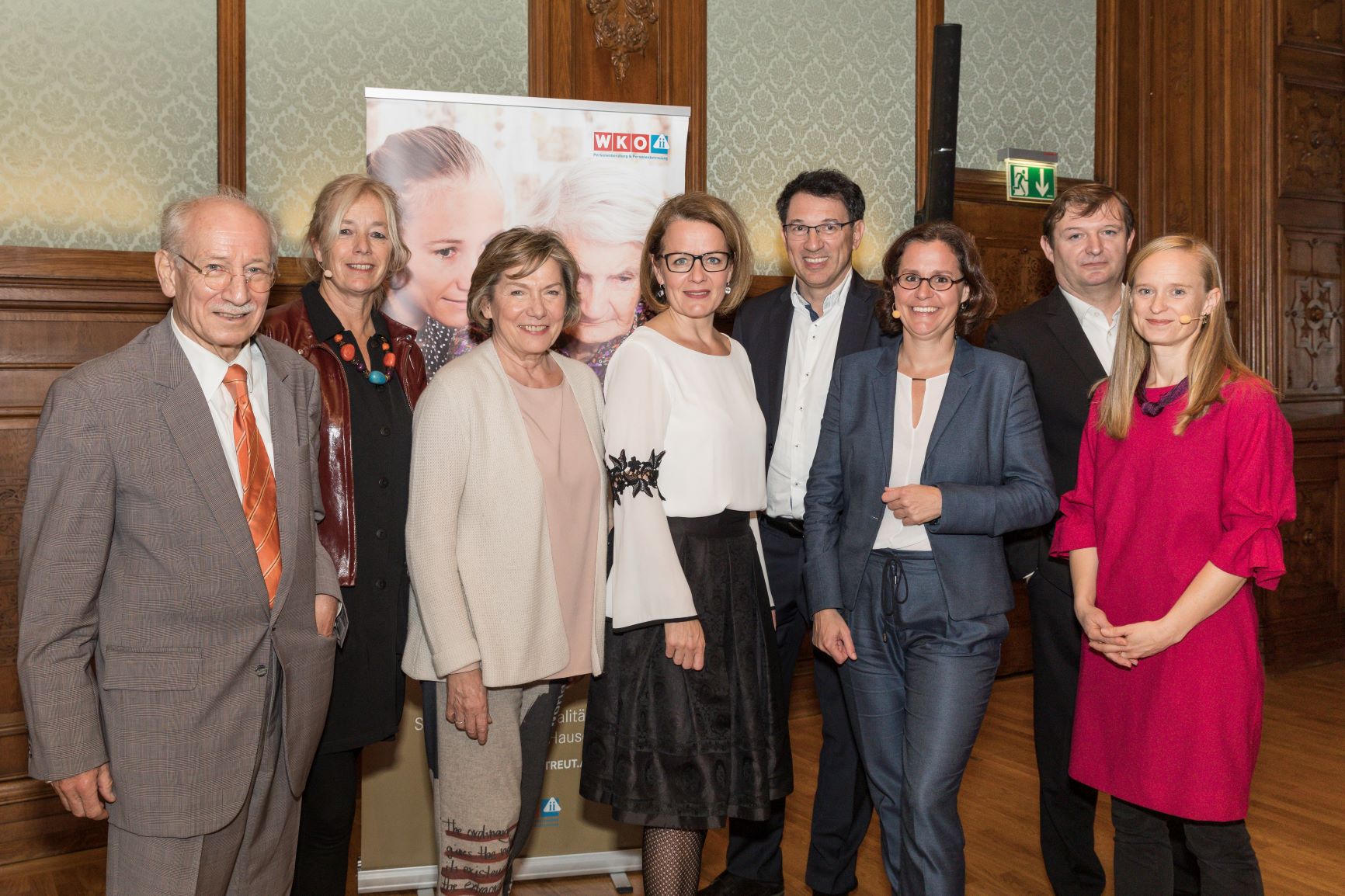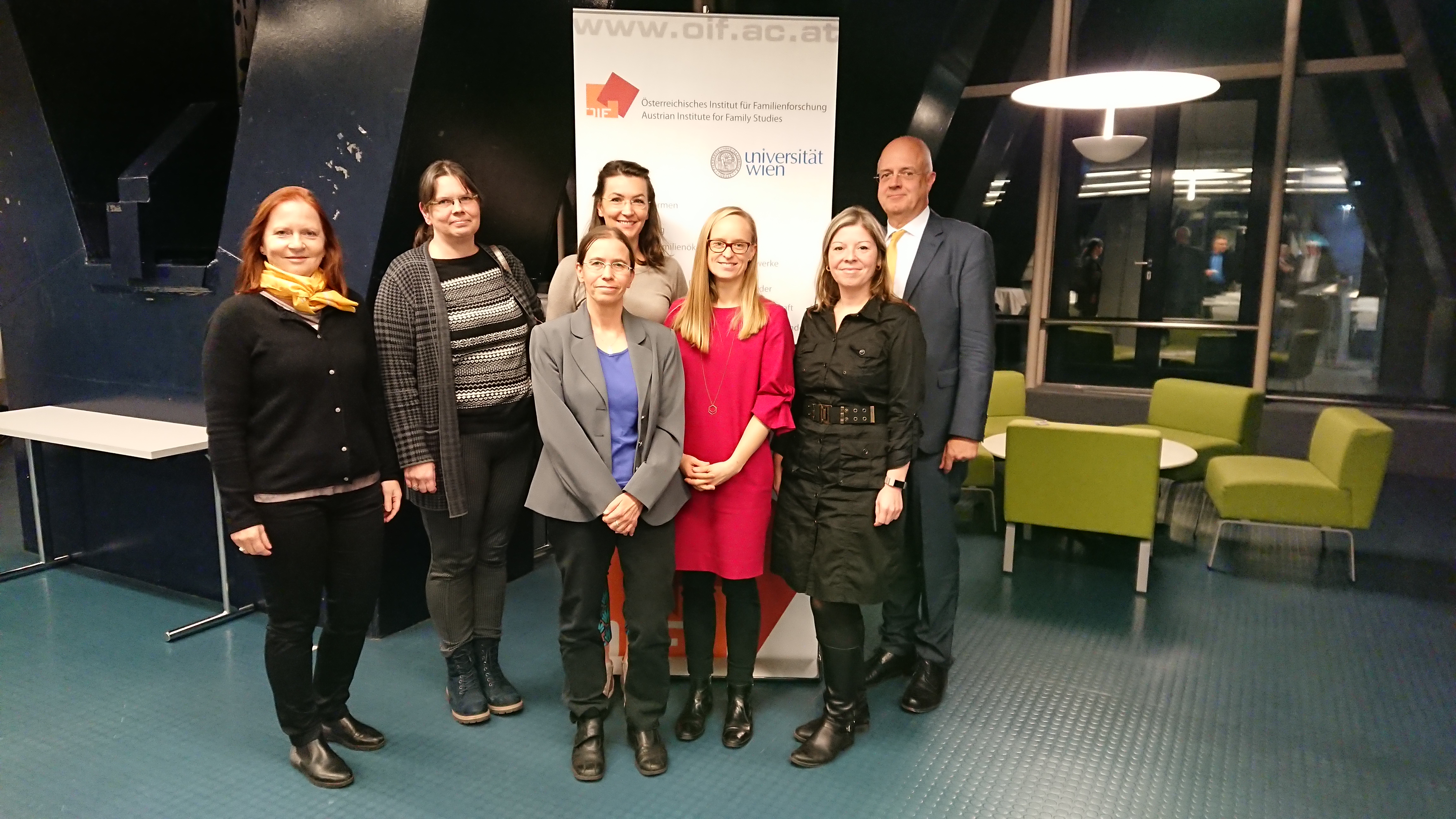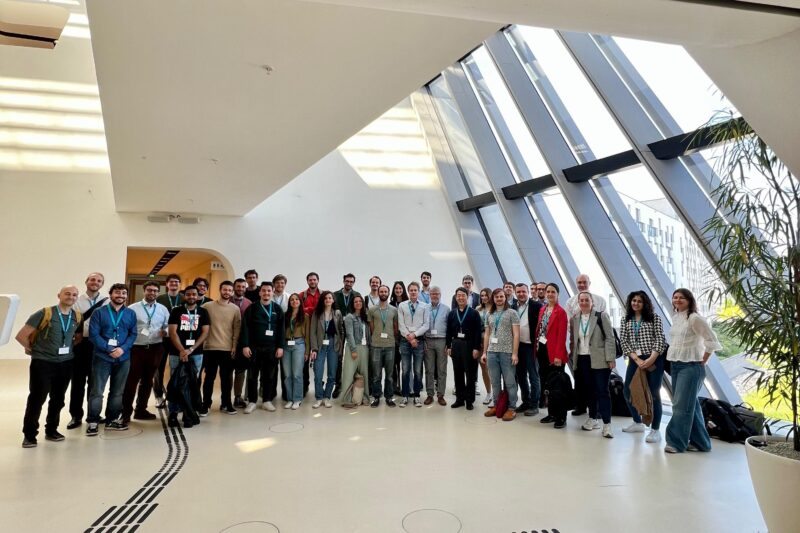
Expertise on Long-term Care
At the Palais Niederösterreich, Famira-Mühlberger discussed "Long-term Care and Support" at the invitation of the daily newspaper "Die Presse" and the Economic Chamber of Lower Austria, presenting facts and data based on WIFO studies.
According to WIFO projections, the costs of long-term care services will rise by around 80 percent by 2030 and by more than 330 percent by 2050. This is an annual change of 4.4 percent, which is also in line with the cost increases of recent years. Expenditure on long-term care services is below average in Western Europe, as there is a stronger emphasis in Austria on cash instead of non-cash benefits. In the area of the 24-hour support, it is noticeable that the majority of people who make use of 24-hour support do not receive any further long-term care services. According to the WIFO expert on long-term care, this shows that the desired networking between long-term care and nursing services hardly exists in practice.
Policy scenarios for long-term care
Ulrike Famira-Mühlberger presented the results of a WIFO study at an event of the Austrian Institute for Family Studies. This study quantified the effects of possible measures on the cost path of long-term care services in three policy scenarios (shifting the care mix in favour of inpatient care, 24-hour support and mobile services). The study shows that the expected increase in demand for inpatient care can be mitigated, but not prevented, by the expansion and promotion of mobile services.
 The Austrian Institute for Family Studies also initiated an exchange on long-term care. – © University of Vienna
The Austrian Institute for Family Studies also initiated an exchange on long-term care. – © University of Vienna
Publications
Please contact
























